In sports journalism, as you know, it’s vital that students gain experience and exposure through covering events like March Madness, the Indianapolis 500, BCS bowls and the Super Bowl. Industry experience enables students to practice and apply knowledge from the classroom and courses. It also gives them a chance to network and expand contacts. That being said, professors need to ensure students meet course requirements. I try to work around these opportunities. If I know about them in advance (which I usually do), I take dates into consideration when creating the syllabus. With March Madness, we'll discuss coverage, economic impact and other issues during the Final Four. The students who are gone might miss class, but will still need to turn in assignments.
My graduate course consists of a field project at local Indianapolis sports organizations. Much of the work is done outside the classroom, so I built in field days during the Super Bowl and Final Four weeks. They are working, but do not have to be in the classroom. As far as attendance, I have a policy where students can miss a certain number of classes without a penalty. The graduate students are usually pro-active about letting me know in advance and give reasons and documentation. In cases like the Super Bowl and Final Four, I do give a little leeway. They usually don't miss classes otherwise, so attendance hasn't been an issue. There is no university-wide attendance policy regarding this – in the J-school, instructors create their own attendance policies. The dean receives copies of our syllabi (and I discuss policies with him), however, we have freedom to handle this individually.
As far as ... critical thinking and interpretation, that is important. I stress oral and written communication skills in all of my courses and students write book reviews, critical papers and other projects. I strive for balance. I use academic readings, sports books and stories from multiple platforms. We analyze media coverage and discuss a variety of topics in class. In graduate classes, I especially stress diversity of perspectives, application of ideas and reflective thinking on how to maximize ethics and professionalism in today’s changing and evolving media landscape.
Our program integrates and balances skills courses (print, digital, broadcast) and seminar classes on economic, legal, political and social issues in sport media. We have a mix of instructors – adjuncts from the NCAA, Indianapolis Star, U.S.A. Track & Field and academics and Ph.Ds. I think students stay engaged and enjoy the mix of classes and professors.
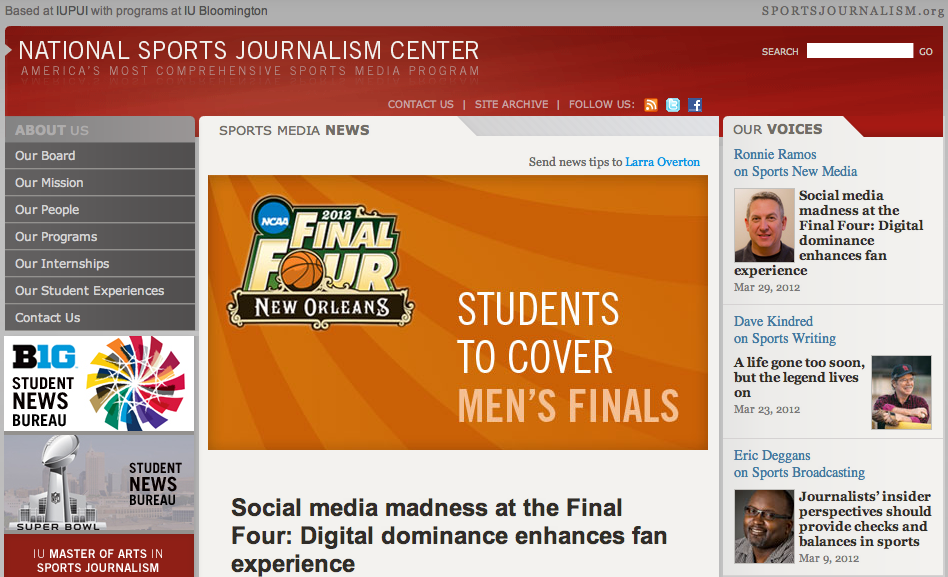
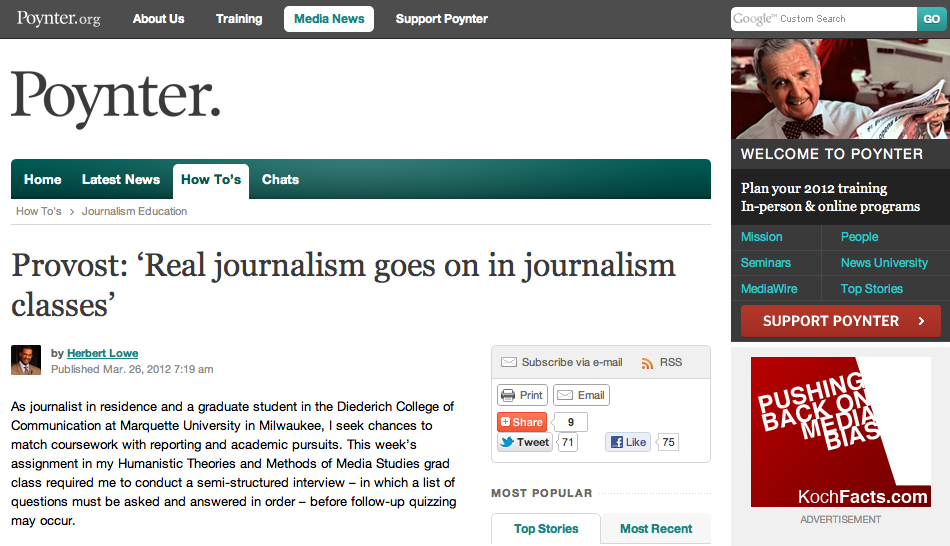
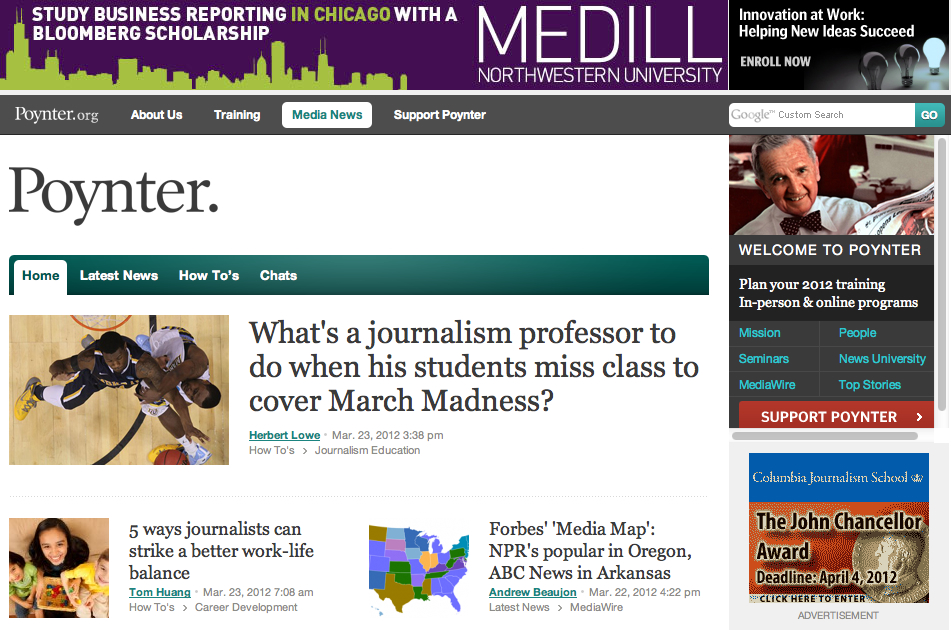
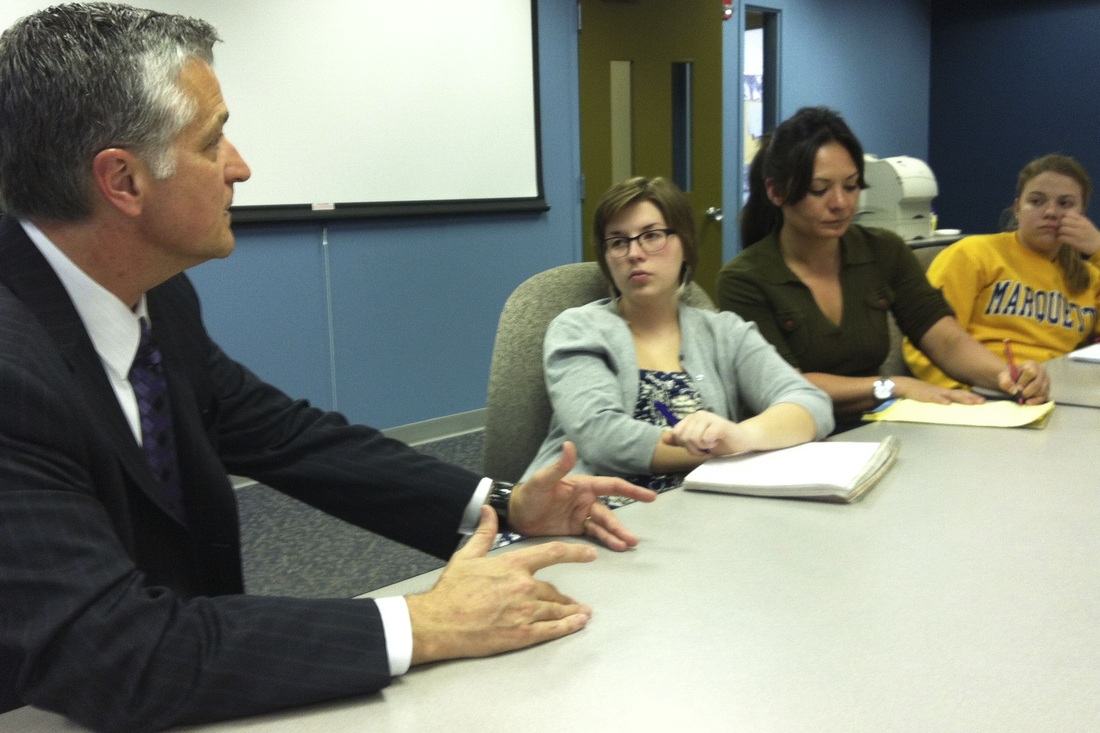
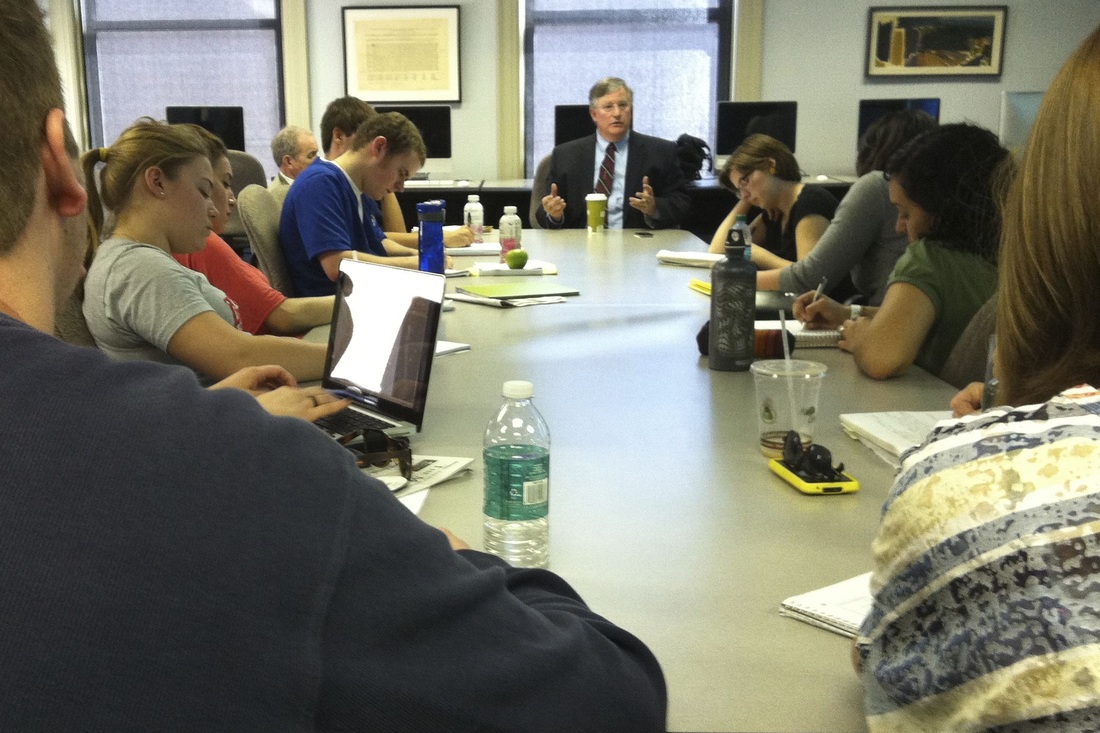
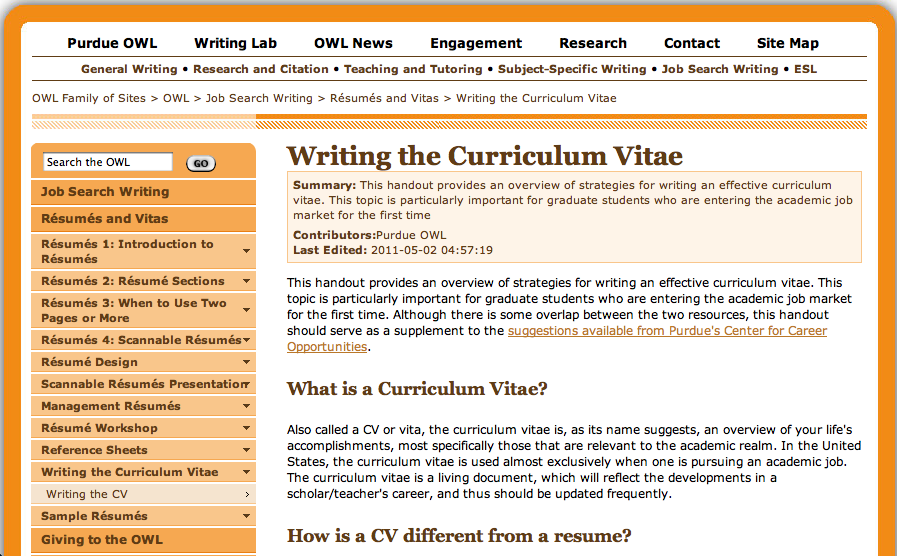
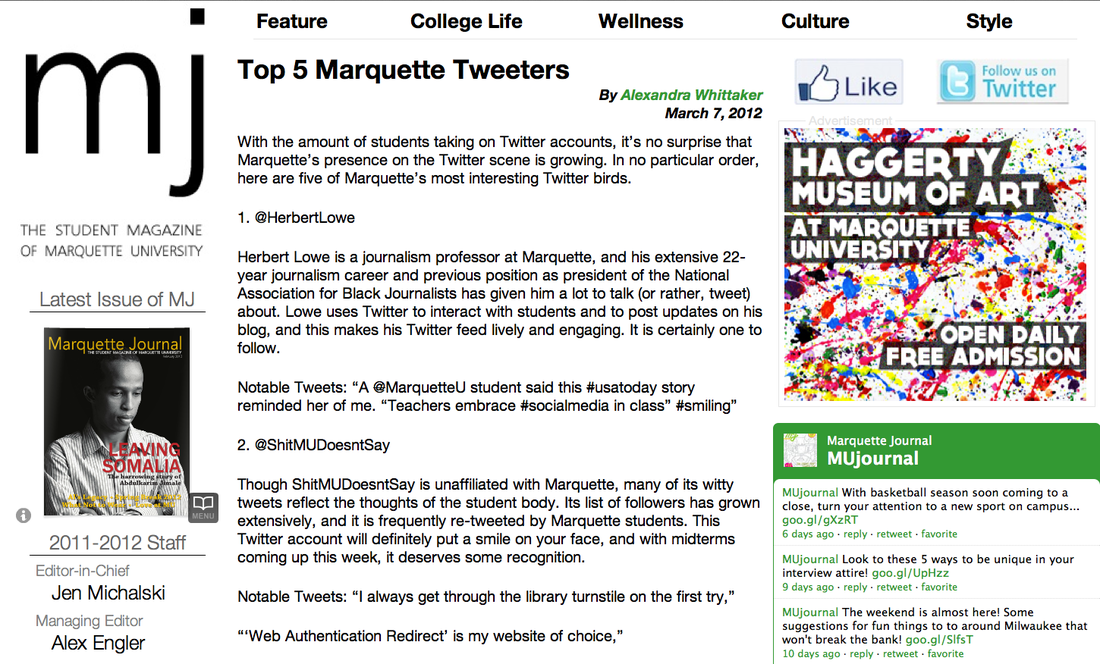
 RSS Feed
RSS Feed
